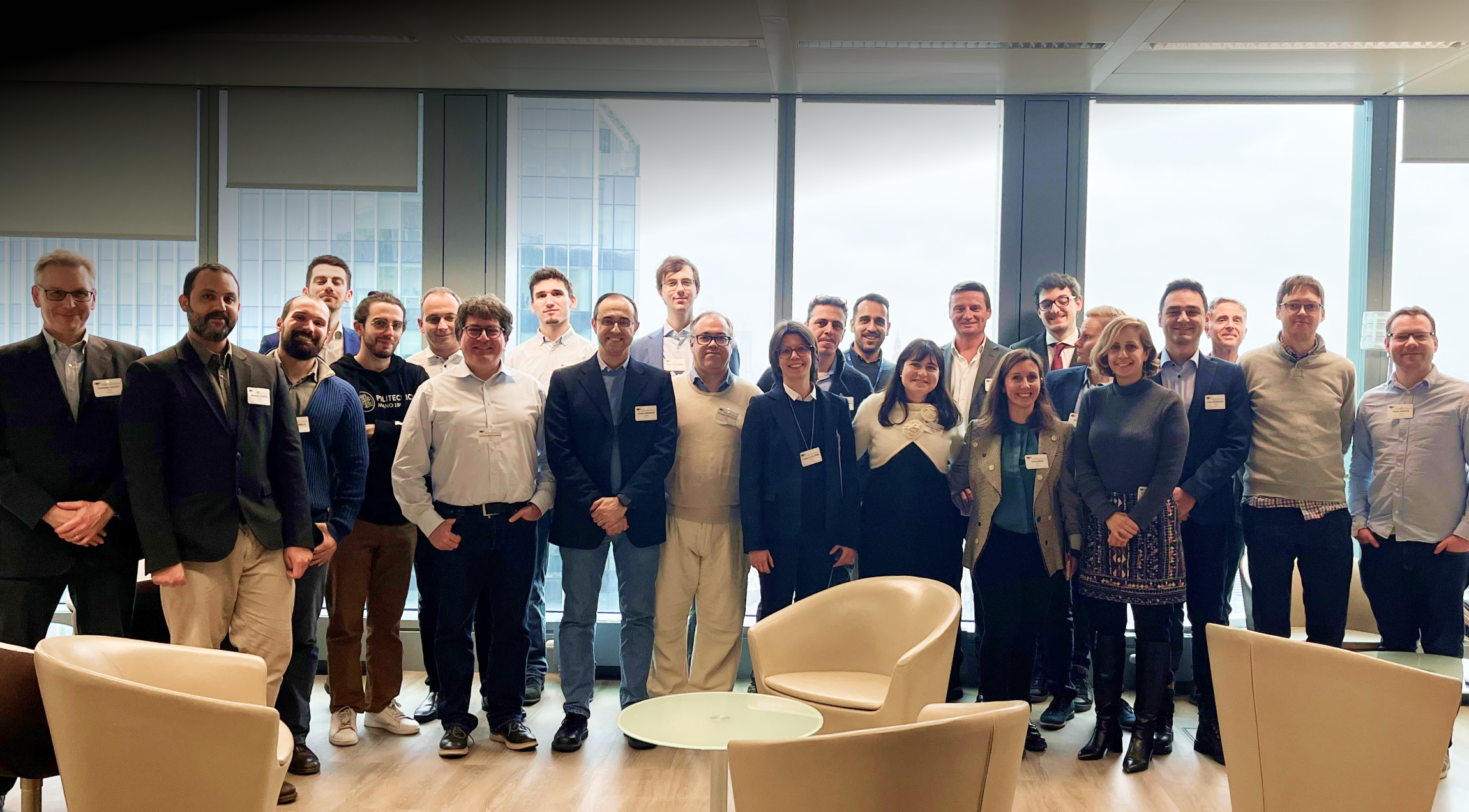
The Importance of AI in a Data-Driven World
Artificial Intelligence (AI) is a critical enabler of innovation across sectors, from healthcare and life sciences to manufacturing and agriculture. As data volumes grow and real-time decision-making becomes a necessity, the limitations of centralised computing models are becoming increasingly evident. Edge computing which processes data close to its source offers a solution by reducing latency, preserving privacy, and enabling intelligent services in distributed environments.
To fully realise the potential of AI at the edge, however, developers and companies need access to efficient, secure, and easy-to-deploy tools. This is the challenge that the AI-SPRINT project set out to address.
Coordinated by Politecnico di Milano, the project developed a suite of tools that enable developers to manage performance, energy efficiency, accuracy, and security throughout the AI lifecycle.
The project’s outcomes were validated through real-world use cases in healthcare (e.g. stroke risk prediction), manufacturing, and agriculture, showcasing the adaptability and specialisation of AI-SPRINT’s modular architecture. These validations provided a strong foundation for future adoption and exploitation of the technologies: in particular, the personalised healthcare use case led by Barcelona Supercomputing Centre was so successful that a spin-off company was established to promote the use of its stroke risk assessment application.
Supporting Adoption and Exploitation Through Community Building
One of Trust-IT’s core contributions was the establishment and management of the AI-SPRINT Alliance, a stakeholder engagement initiative aimed at fostering collaboration between technology developers, adopters, and innovators in the AI and edge computing domains. The Alliance served as a central hub for knowledge exchange, providing stakeholders with tailored updates, demonstrations of project tools, and opportunities to test AI-SPRINT technologies in real-world environments.
In parallel, Trust-IT coordinated the development of the project’s exploitation and sustainability roadmap, supporting both joint and individual partner strategies. These efforts included defining ownership structures, licensing models, cost frameworks, and potential business models to ensure long-term viability of AI-SPRINT technologies.
This structured approach to exploitation planning directly contributed to concrete business outcomes, including the creation of the BSC spin-off, which built on the project’s validated AI technologies and benefitted from the tailored dissemination, partner engagement, and strategic support provided throughout the project by Trust-IT.
For more on AI-SPRINT, visit: www.ai-sprint-project.eu
